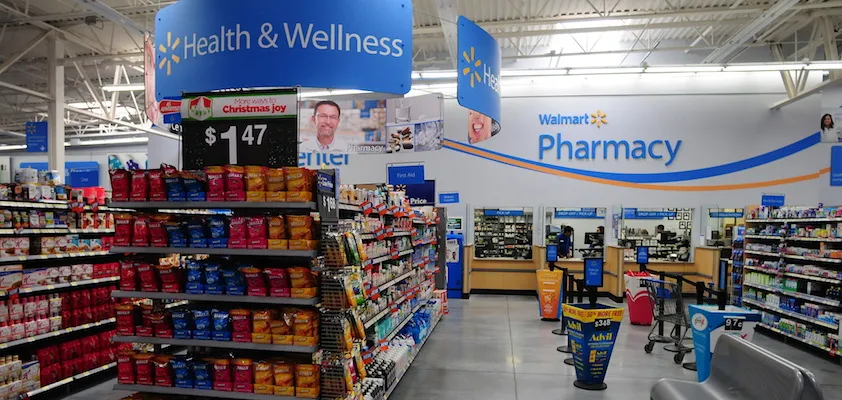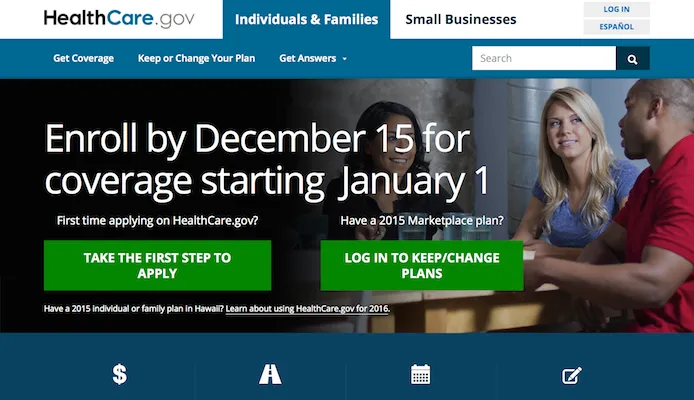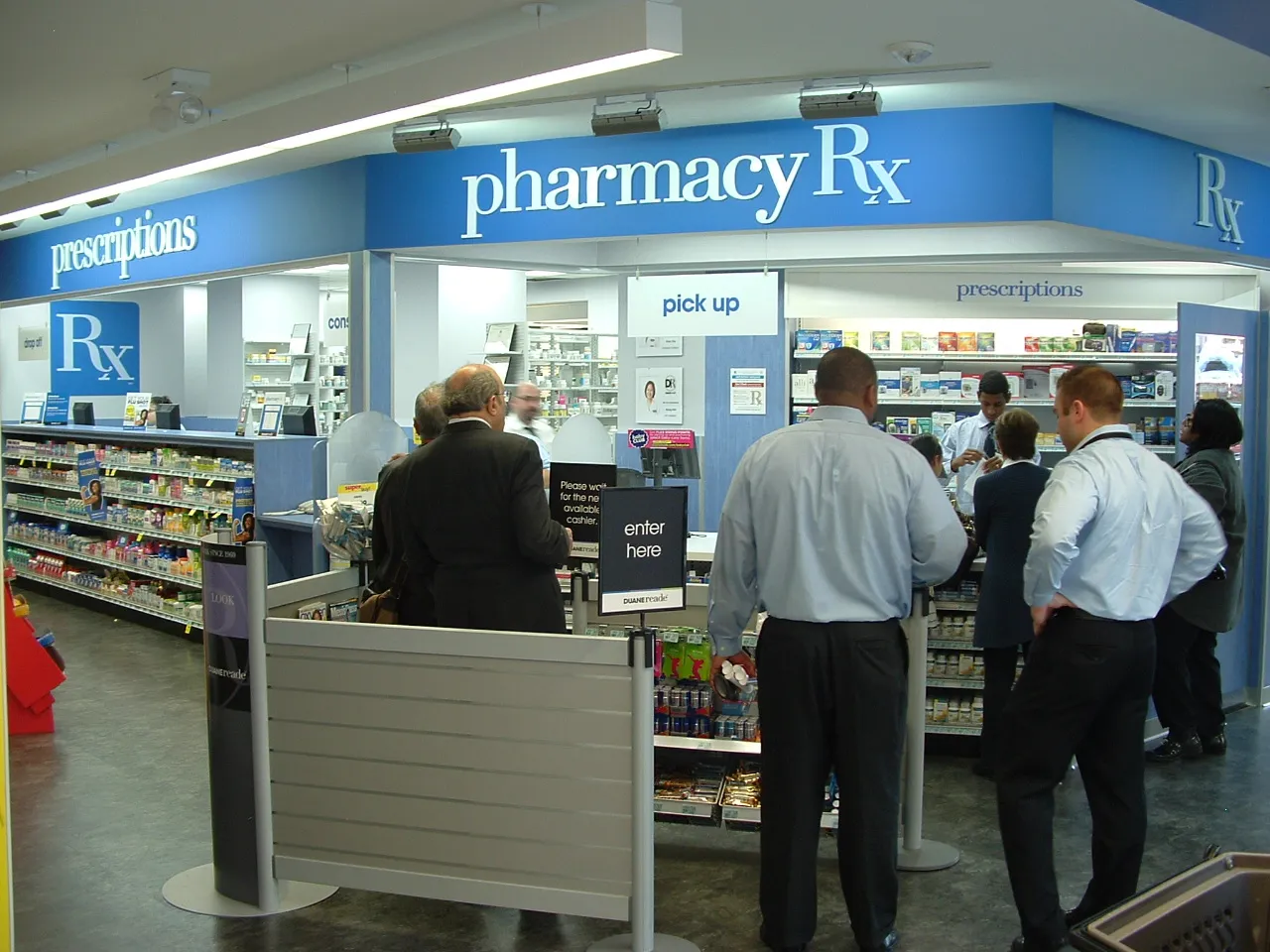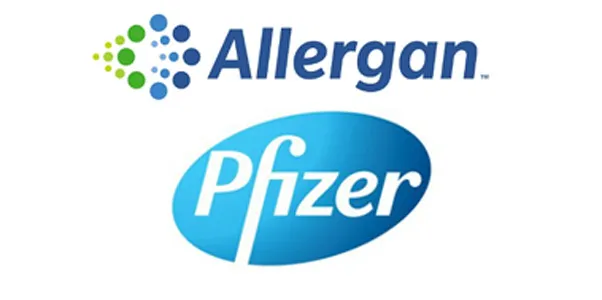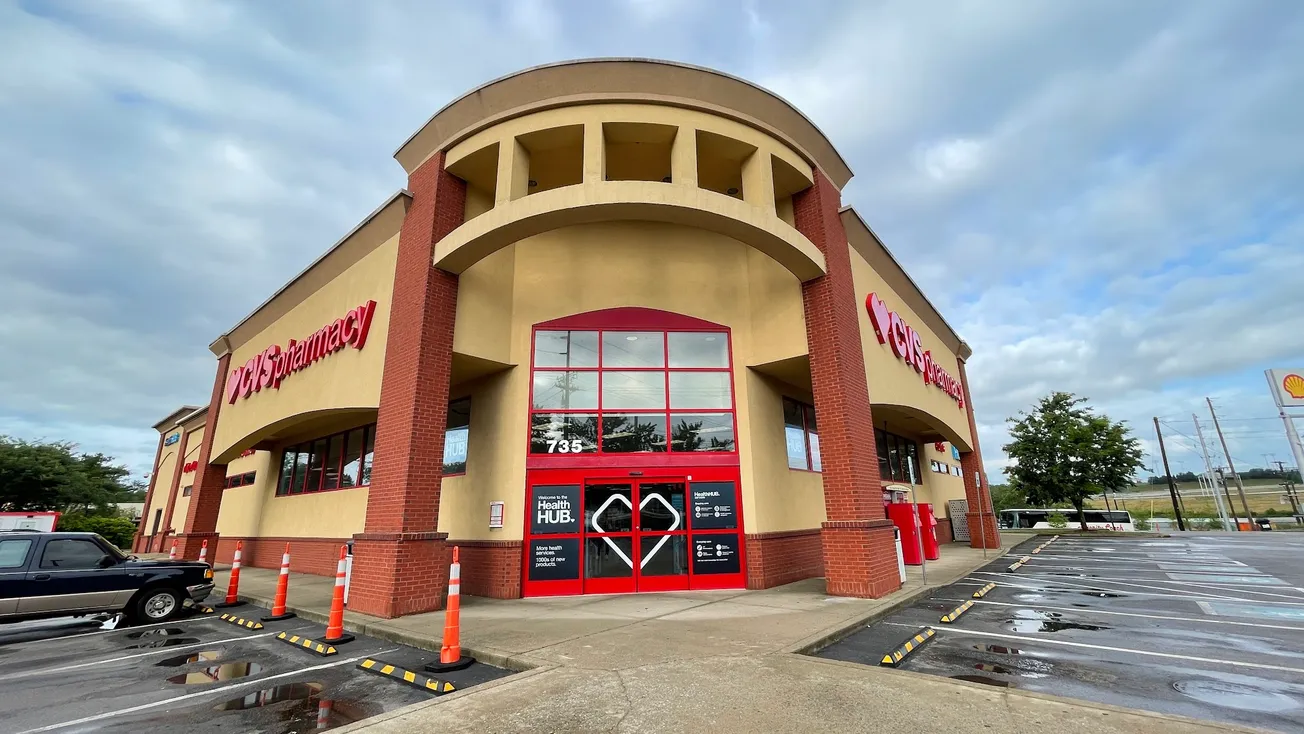BLOOMINGTON, Minn. — Sterling Drug, in collaboration with HealthPartners and PharmaSmart, has demonstrated the potential of community pharmacists to reduce hypertension.
A six-month pilot program included 270 HealthPartners members who had a diagnosis of hypertension and a prescription at Sterling to lower blood pressure. Members who enrolled received a Smart Card allowing them to routinely measure and track their blood pressure on a PharmaSmart blood pressure kiosk in the stores.
The clinically validated kiosks contain technology to automatically transmit the data into Sterling’s clinical system. The integration allows pharmacists to proactively intervene on patients’ behalf by recommending a change in dose or a new medication.
“One of the key findings of the pilot program is the importance of personal interaction between the patient and the pharmacist,” said Tim Gallagher, president of Astrup Drug, which owns and operates Sterling. “Pharmacists have the opportunity to extend the care team and optimize therapy to positively impact patient outcomes.”
Nearly one in three American adults are estimated to have high blood pressure, which can cause heart failure, heart attack, stroke and kidney damage. Nearly half of the active members in the pilot program had uncontrolled blood pressure despite having a prescription to control it. Sterling pharmacists were able to recommend a change in dose or medication to the patient’s provider. As a result, blood pressure improved for about a third of patients, with a mean reduction in blood pressure among the uncontrolled group of 11 mmHg systolic and 8 mmHg diastolic.
The pilot was implemented after a HealthPartners analysis revealed a gap between medication adherence and appropriate clinical outcomes. The analysis found that about 85% of patients with hypertension had filled their prescriptions in a timely manner. However, a comparison of pharmacy claims with medical records revealed that for about one-third of them, the medication was not having the desired effect and patients still had uncontrolled blood pressure.

